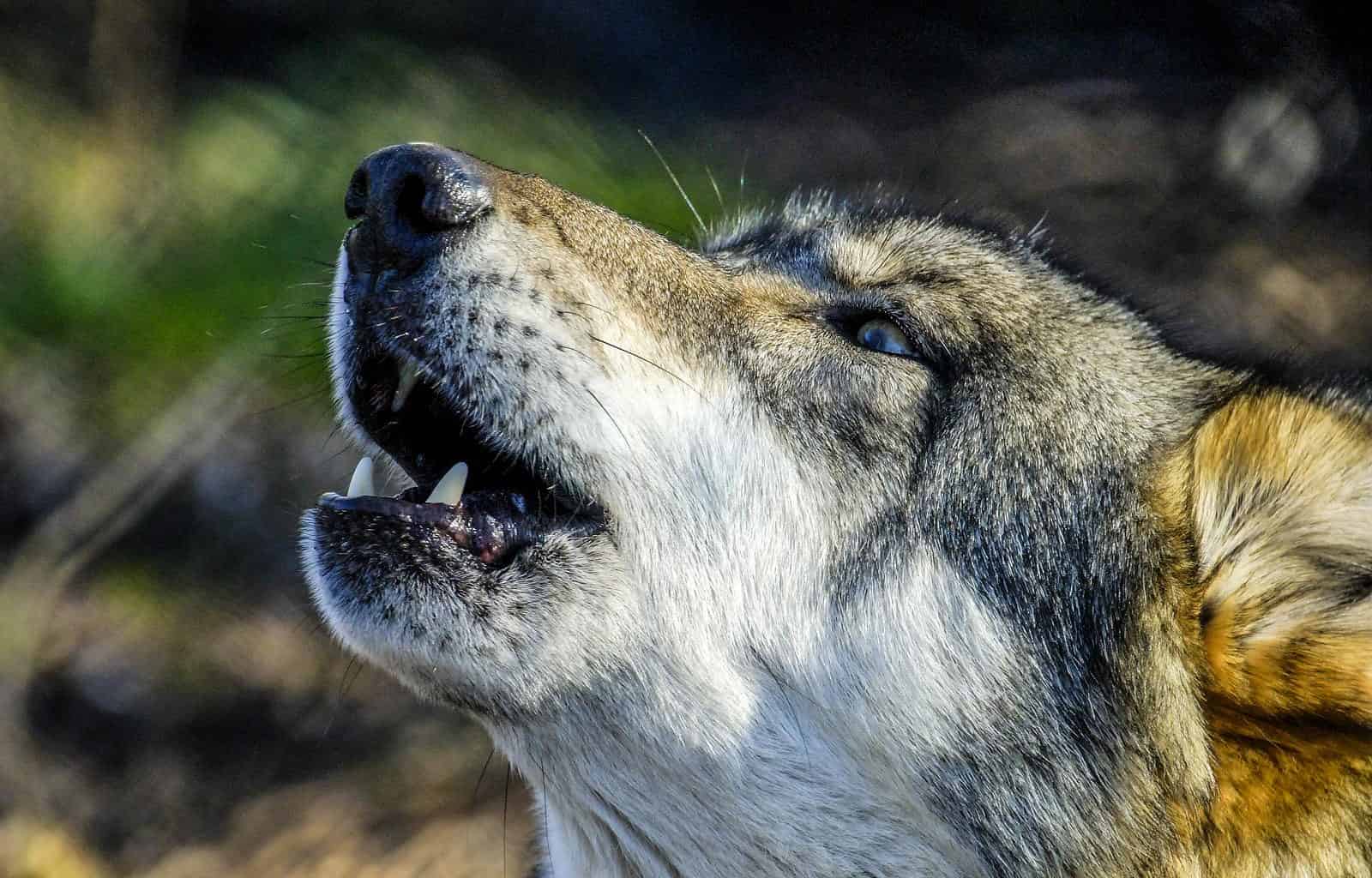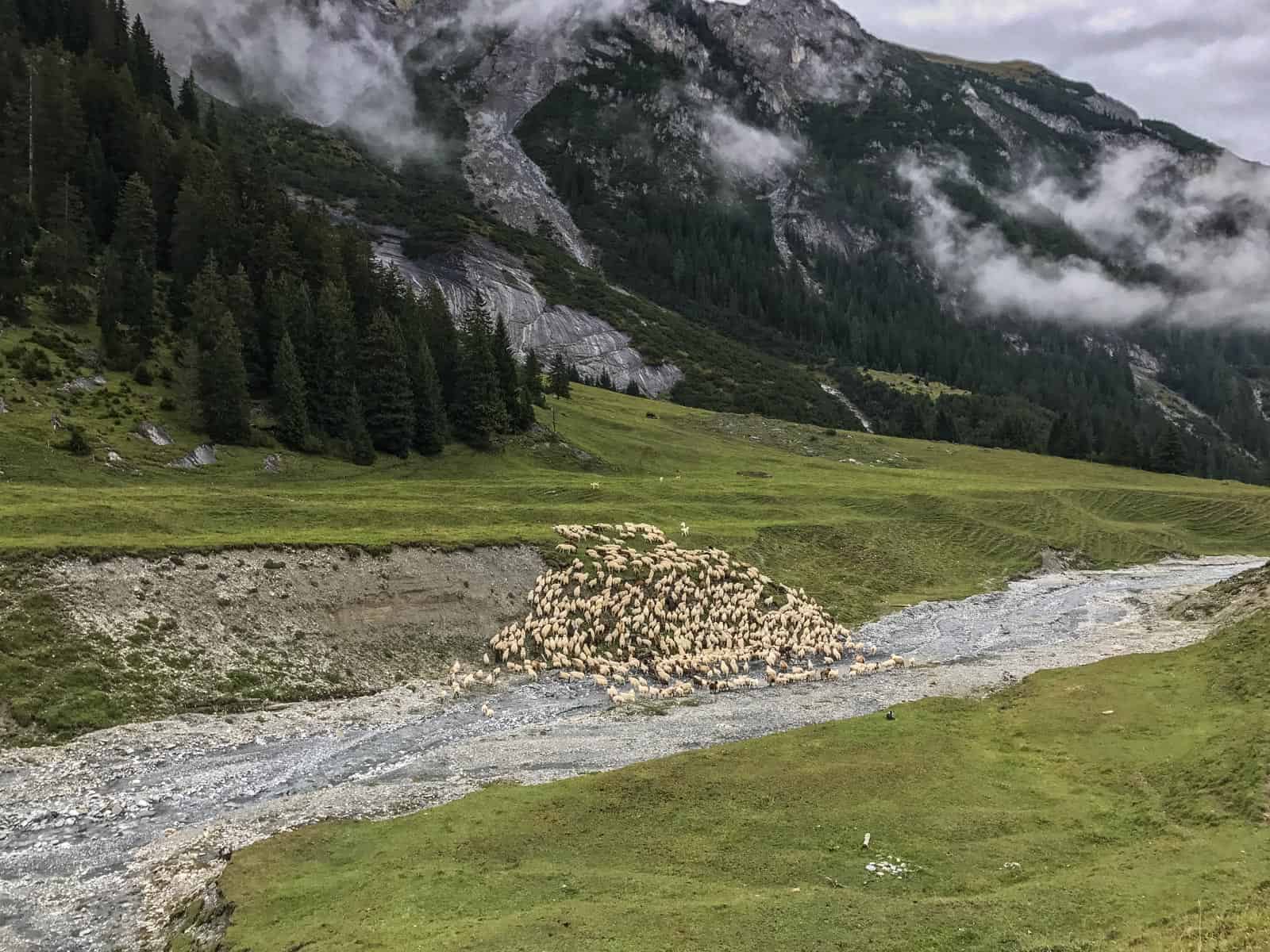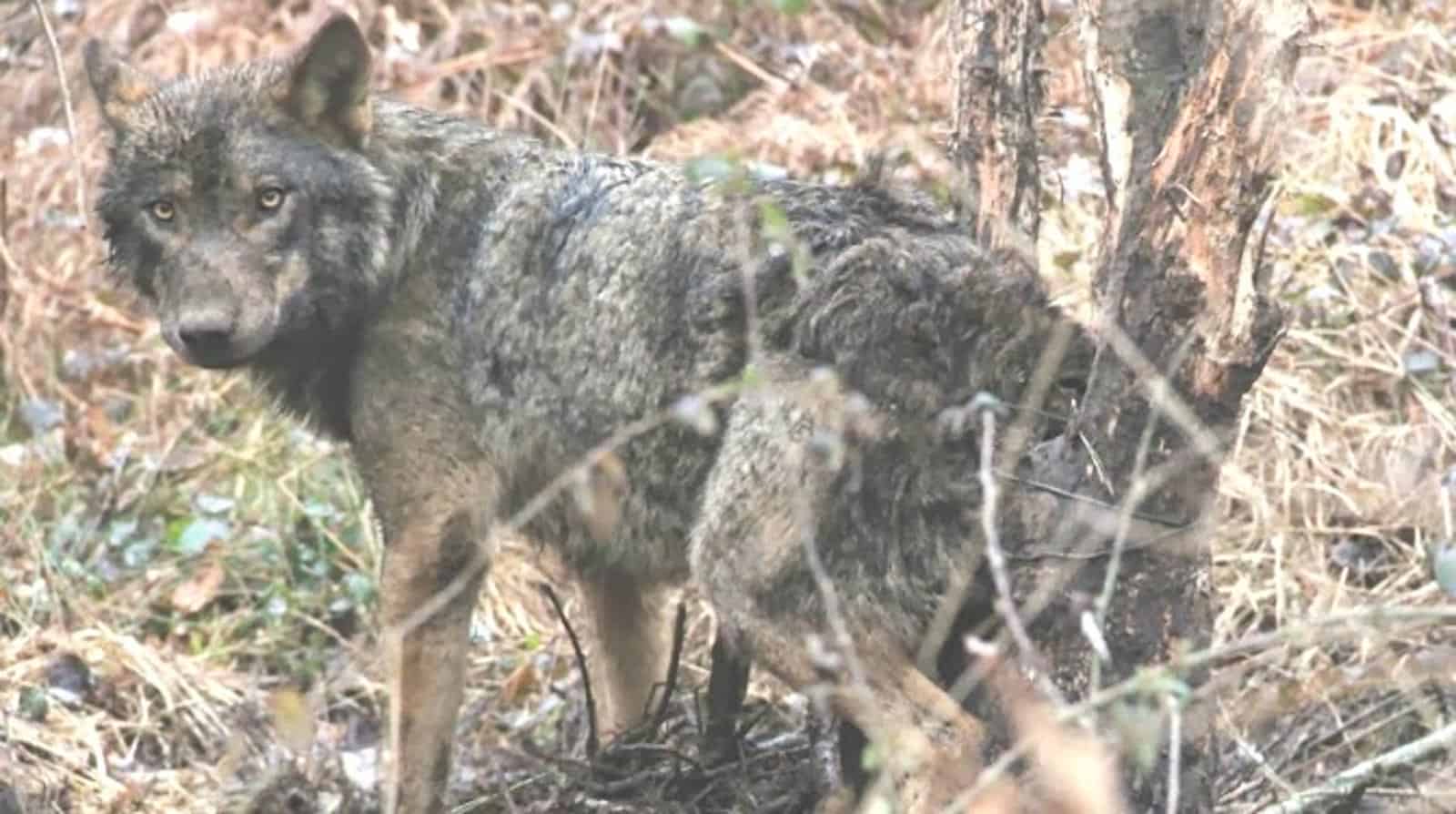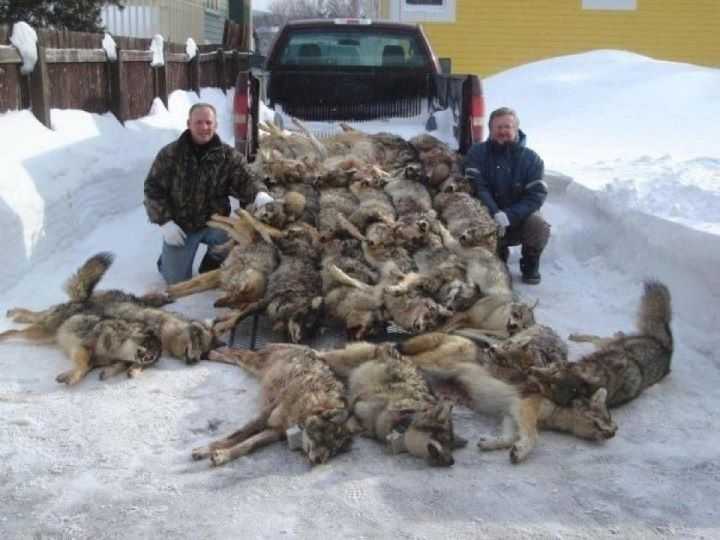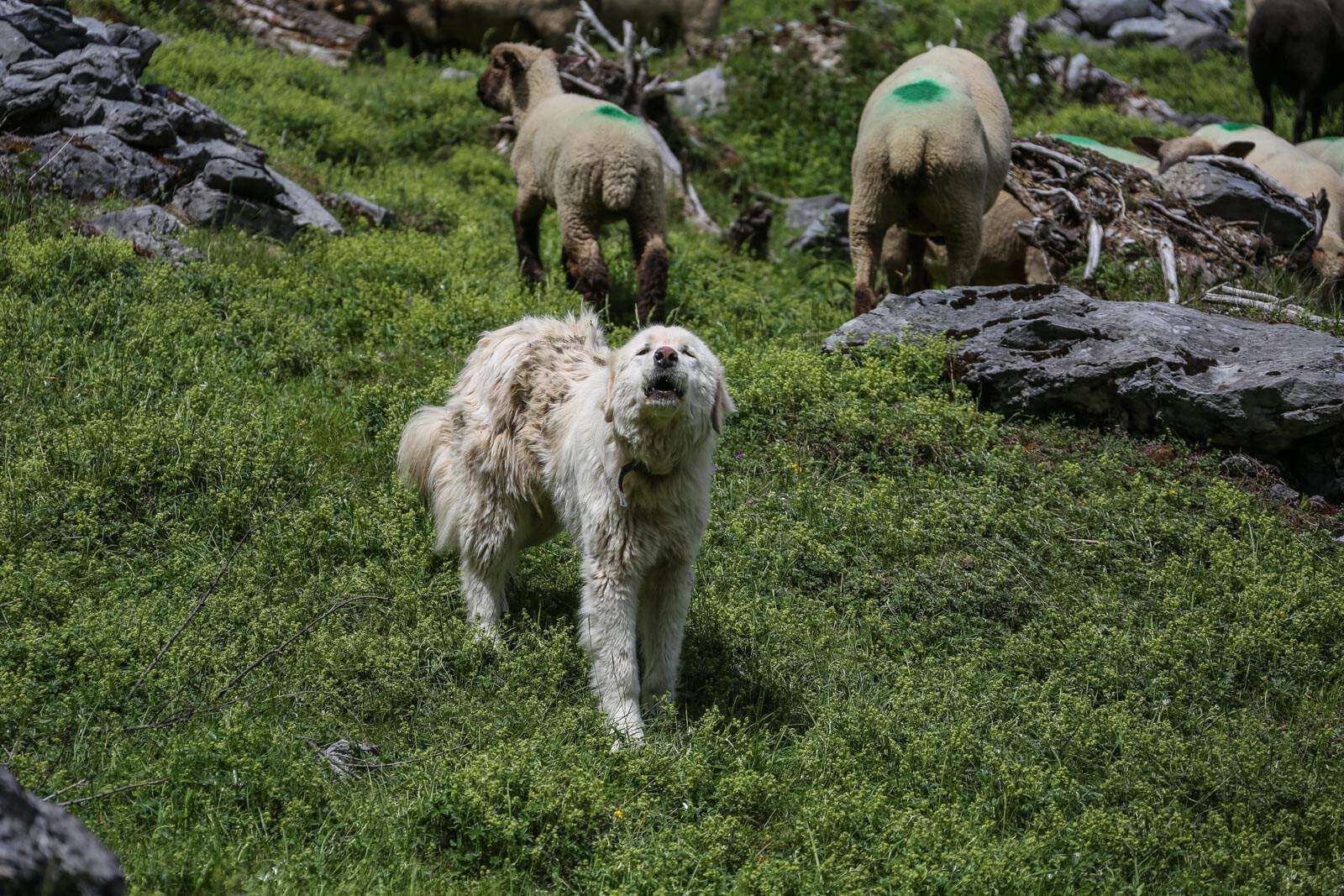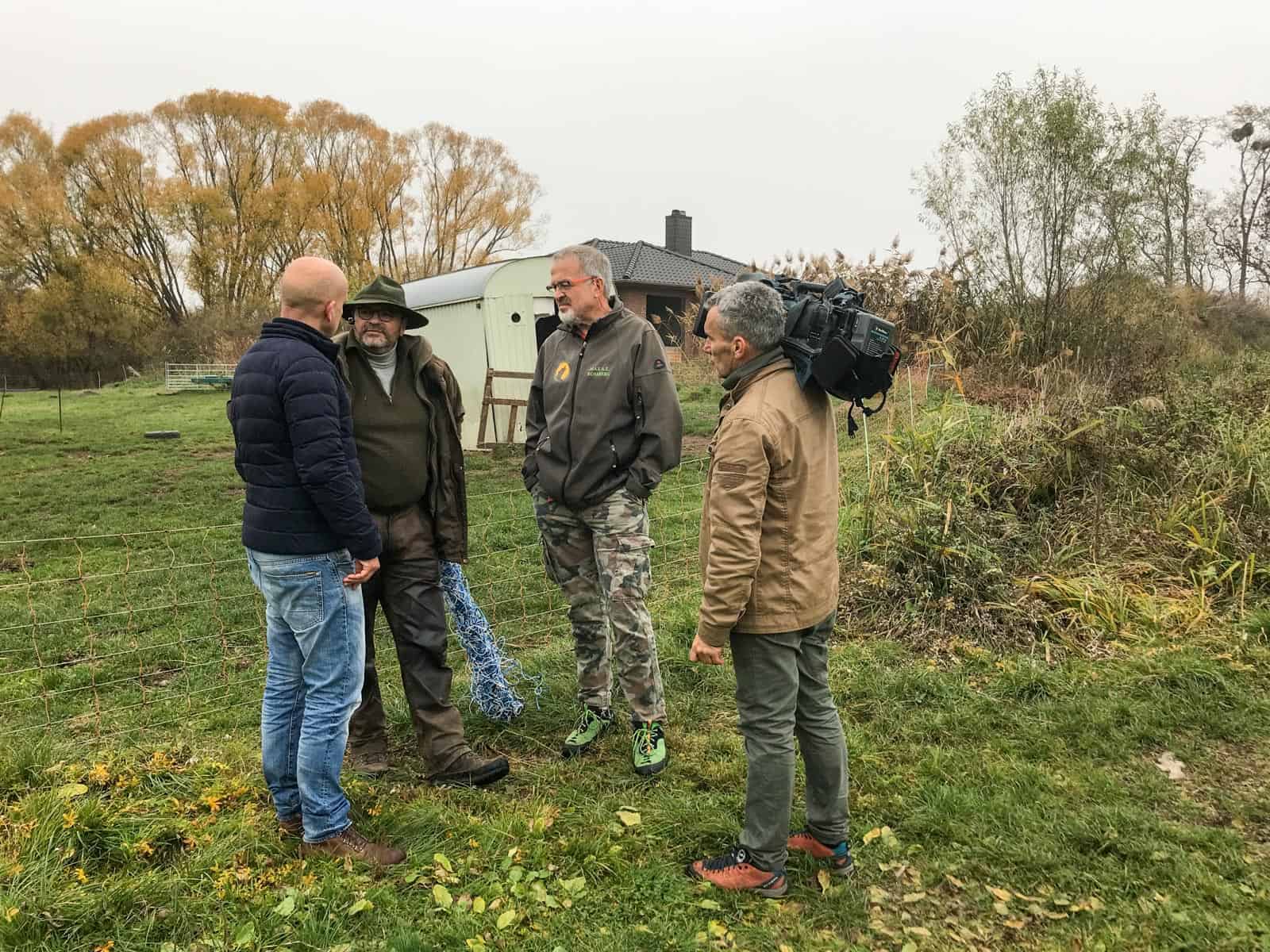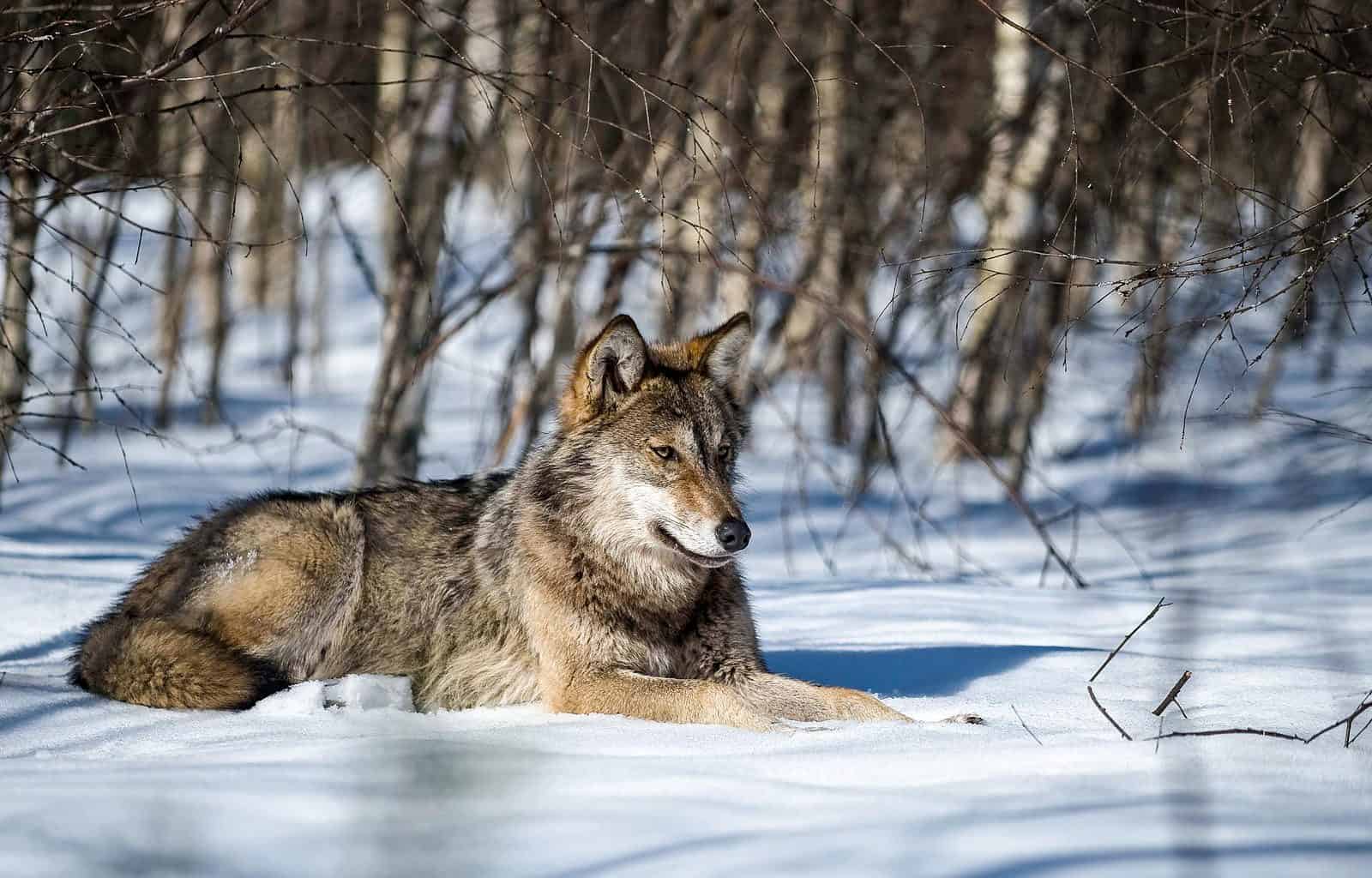Wolf and shepherds in France
The wolf is making a significant comeback in France, delighting conservationists but alarming farmers and shepherds. Reports says that there are years when wolves have killed nearly ca 10,000 sheep, leaving livestock owners feeling abandoned. The conflict is particularly intense in the southern French Alps, where sheep farming is still vital.
Shepherds Request
Many shepherds in the Écrins National Park call for the complete eradication of wolves. The annual lamb market in October, with stalls selling cheese to chainsaws, becomes a hub for discussing the wolf issue. Shepherds, in patched clothes, debate protective measures. Despite the use of Turkish, Pyrenees, and Abruzzi guardian dogs, anxiety persists. They argue for the “total wipe-out” of wolves, believing they are hybrids, reflecting deep mistrust between farmers and authorities.
Story of Shepherd
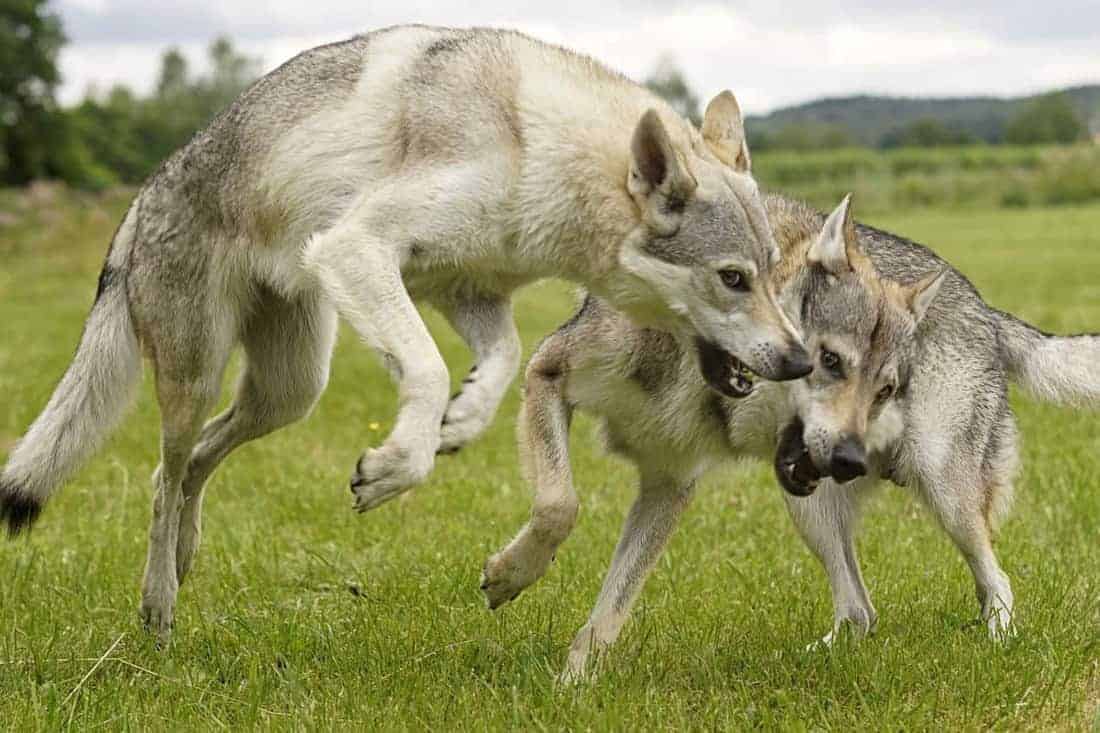
Édouard, a 32-year-old farmer in Ancelle, faces increasing wolf attacks on his livestock despite protective measures like hiring shepherds and using guard dogs. Converting to organic farming hasn’t changed much for Pierre and his colleague, who raise white Saanen goats and sheep, producing milk and cheese for their farm shop. The worst attacks occur in autumn, teaching young wolves to hunt, often injuring sheep. Last year, wolves killed 32 sheep in the municipality and killing is every year increase.
Despite shepherds’ efforts, wolf attacks continue, stressing the sheep and causing more miscarriages and lower meat production. State compensation covers killed sheep, but other losses burden farmers. Pierre worries about the spread of wolves to regions with valuable dairy sheep. Although he has considered switching to stable feeding, he believes pasture farming is essential for utilizing mountain land. Under the Bern Convention, wolves are protected, with limited hunting allowed. However, livestock losses continue to rise despite these measures.
Story of Ethnologist
An interesting contribution to this debate is provided by the local ethnologist Guillaume. He criticizes the divisive “wolf yes or no” debate and points to the lack of support for mountain farmers. His basic claim is that despite conservation efforts and the importance of protecting the wolf, traditional mountain agriculture, including grazing, is an integral part of the local ancient culture. This age-old activity of local people is, despite many efforts, “hyper-vulnerable”.
Story of Park Ranger
Droz park ranger in Écrins National Park advocates for wolves. Despite hunters killing a she-wolf and her pup in park, he believes wolf attacks are manageable and criticizes their demonization. Droz argues against wolf hunting and advocating use of scare shots. He highlights farmer compensation and subsidies, questioning their complaints. He concludes that either hunting should be allowed without compensation or banned with continued compensation.
Swiss Story
Head of the Swiss livestock protection department, notes that Switzerland’s proactive wolf management strategy contrasts with France’s delayed, centralized approach. Switzerland’s federalist, pragmatic approach involves local participation, leading to more effective wolf management and highlighting France’s deep divisions.
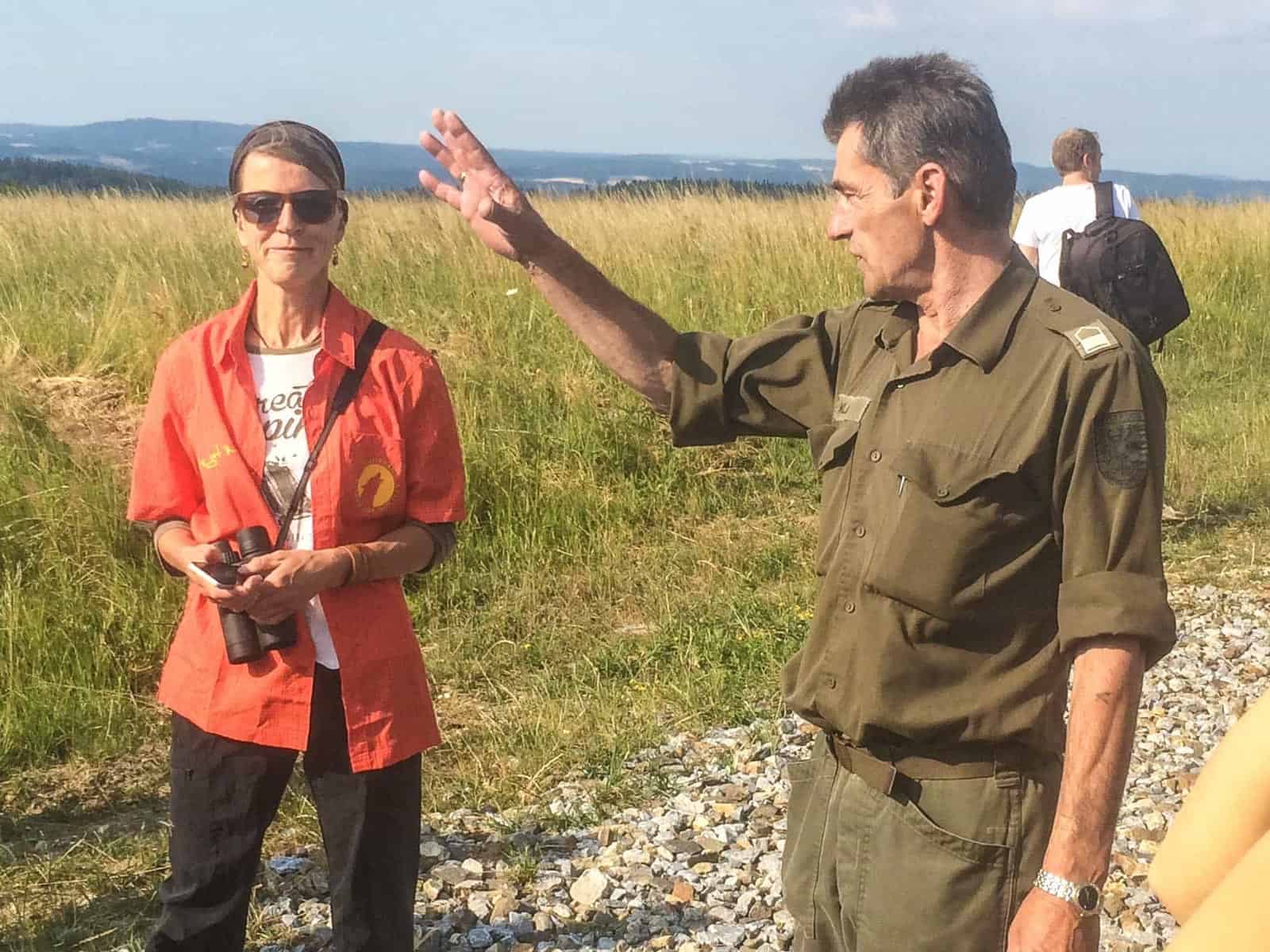
Conclusion
The wolf’s return to France has ignited intensive discussion between conservationists and farmers. While some, demand the wolves’ eradication, others advocate for coexistence. The polarized debate reflects broader cultural and political differences, with Switzerland’s decentralized approach contrasting sharply with France’s centralized one. Ranger from the Écrins National Park argues for a balanced perspective, suggesting that a wealthy country like France should find a way to share its land with nature. He proposes either allowing wolf hunting without compensation or continuing compensation without hunting, highlighting the need for a coherent and sustainable policy.

